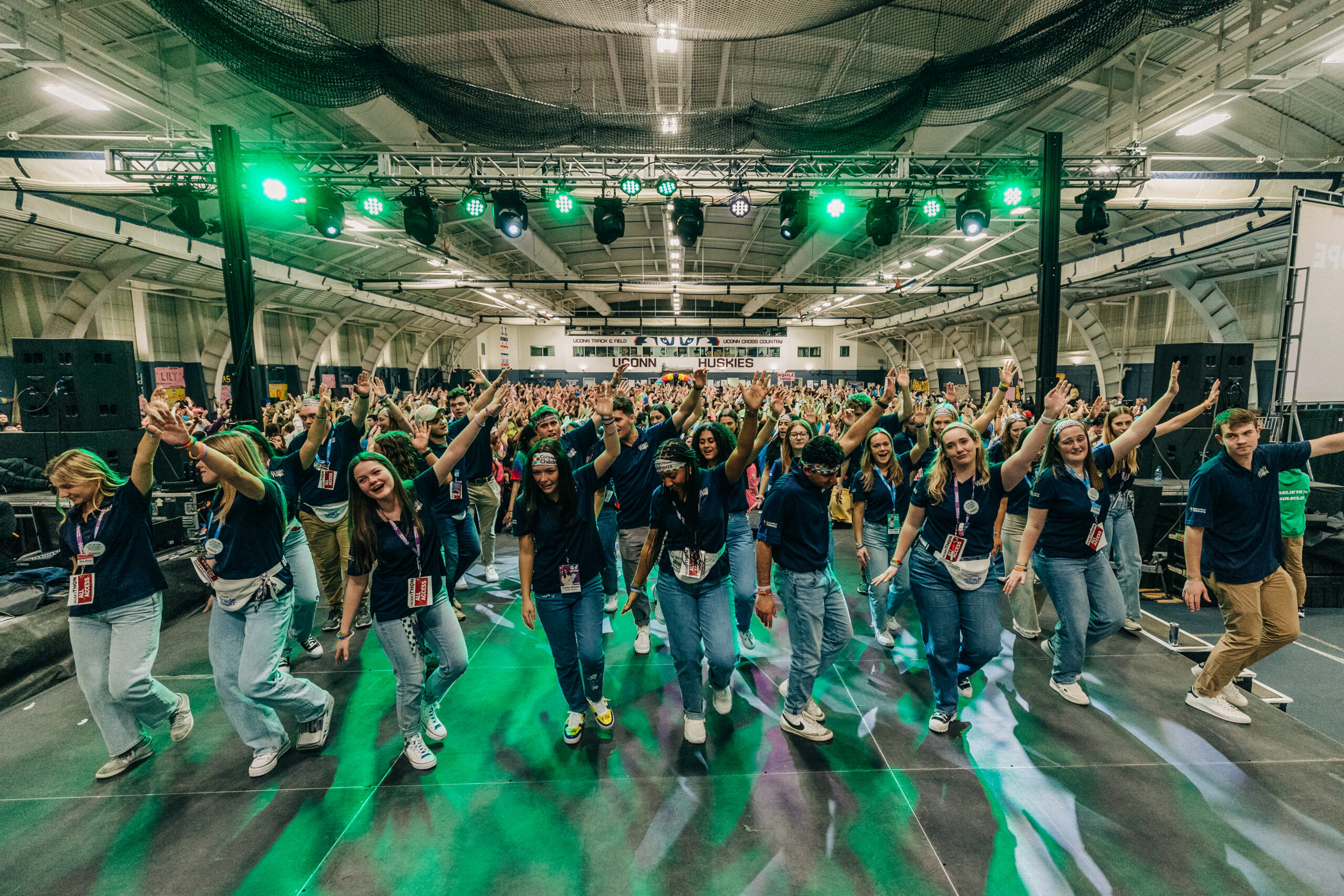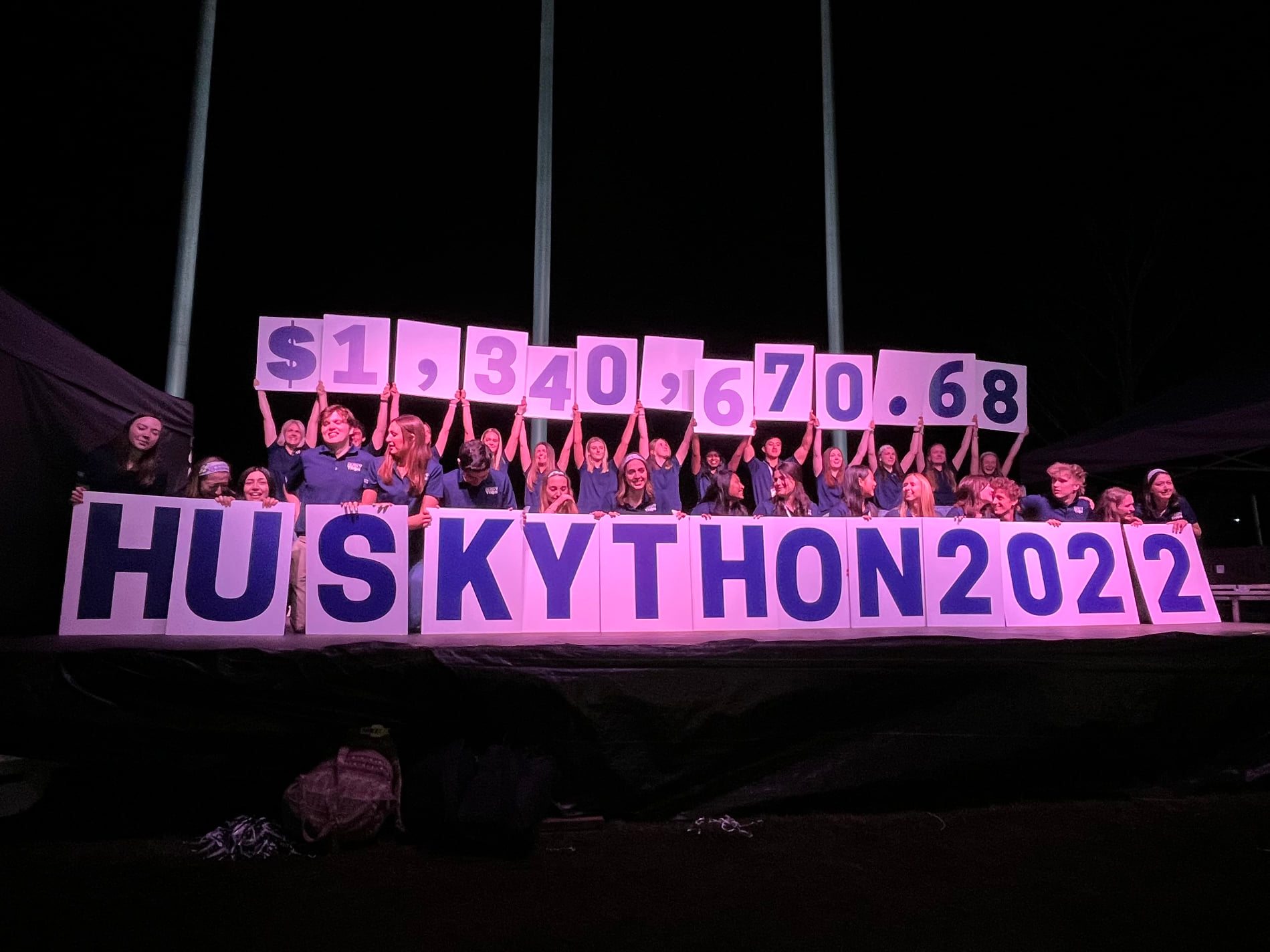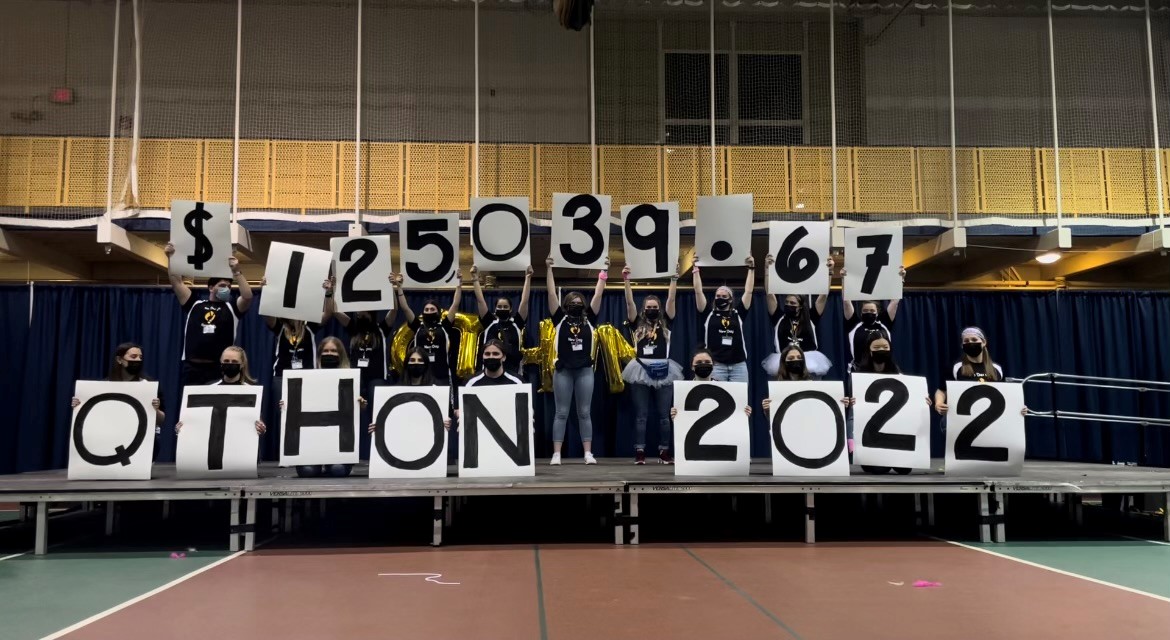 It was 2014, and Russell Elfont was in eighth grade at the Wooster School in Danbury when he first heard about the Extra Life program, in which participants play games of all kinds to raise money for Children’s Miracle Network Hospitals—in Russell’s case, Connecticut Children’s Medical Center.
It was 2014, and Russell Elfont was in eighth grade at the Wooster School in Danbury when he first heard about the Extra Life program, in which participants play games of all kinds to raise money for Children’s Miracle Network Hospitals—in Russell’s case, Connecticut Children’s Medical Center.
“It started when my mom told me about it, and I didn’t believe her,” Russell says. “I said, ‘This isn’t a real thing, is it?’ Then I went and looked at the website, and I said, ‘Oh my God; this is actually a thing!’” For many Extra Life groups around the country, the fundraising culminates in a 24-hour gaming marathon in November, and it was this that so surprised Russell.
In fact, Russell discovered, there was already an Extra Life team among the high school students at the Wooster School (Wooster is a K-12 school). And as it happened, that year was the first time the team wanted to include eighth graders. So, Russell joined the team and worked with his classmates to promote the event. He and his friends were, in fact, so successful that they raised eight times more money than the previous year. And it’s only grown since then. Last year, when Russell was a junior, the team raised an astonishing $16,000, and overall they have raised $55,000 since 2012.
A Life Saved
Part of Russell’s enthusiasm for this project comes from his own experience as a patient at Connecticut Children’s. When he was 9, his parents took him to the emergency room in Danbury complaining of a sore wrist. “We thought he injured it playing baseball,” says his mother, Paula. The orthopedist who saw him said that Russell had septic arthritis—multiple strains of bacteria had infected the joint in his wrist. This is a potentially life-threatening condition that, left untreated, can spread to the bloodstream and cause sepsis.
His mother initially wanted to take him to Yale New Haven Children’s Hospital, but their infection disease specialist would not be able to see Russell for several days, so the pediatrician recommended taking him to Connecticut Children’s instead. Infectious disease specialist Henry Feder, Jr., MD, cleared his schedule and treated Russell the very next day.
 Dr. Feder ordered a PICC line to be put in (a slender tube that allows infusions of antibiotics to be administered over a period of time) and started Russell on a long course of powerful antibiotics that his mother could give him at home over a period of six weeks. “Connecticut Children’s saved my son’s life, no two ways about it,” Paula says. “People die from what he had, and if they hadn’t acted as quickly as they did, the infection might have burst and gotten into his whole system.”
Dr. Feder ordered a PICC line to be put in (a slender tube that allows infusions of antibiotics to be administered over a period of time) and started Russell on a long course of powerful antibiotics that his mother could give him at home over a period of six weeks. “Connecticut Children’s saved my son’s life, no two ways about it,” Paula says. “People die from what he had, and if they hadn’t acted as quickly as they did, the infection might have burst and gotten into his whole system.”
It’s no wonder, then, that Russell puts so much energy into raising money to support the Medical Center and a cause he cares about.
Getting the Word Out
At Wooster School, Extra Life is a big deal.
“The kids make a huge effort to promote the event and get the word out,” says Paula. “They made game day a major event on our tiny campus, and they changed attitudes about what kind of event they’re doing and getting faculty support.”
Playing video games at school runs contrary to what most adults—parents and school administrators—consider an acceptable use of time.
“The faculty and administration couldn’t understand it at first, so Russell and his team worked hard on educating them, to the point where last year the head of the school stood up at the PTO meeting and proudly pointed out that this is the largest student-led fundraiser that the Wooster School has ever had. He’s happy to tell you that his own kids play,” she says.
Preparing for Game Day
An event as large as this has to be a team effort, involving not only Russell and the other students, but also teachers, who help with the logistics, chaperoning and other school-level needs, including making sure that there is enough bandwidth for 90 people to play games at once. In past years, the circuits would blow every 20 minutes, and the kids had to be sure to get a key to the basement so they could reset the circuit breakers.
Finally, on game day it all comes together: a 14-hour marathon that includes not only video games but also board games, card games and outside games, like football. One of the teachers even invented a board game, which he beta-tested on game day.
Everyone pitches in to make game day a success.
“When it was over last year,” Paula says, “some of the kids volunteered to stay after to do kitchen duty and clean up. When we left at midnight, the place was immaculate.”
Last year there were 90 participants, and Russell says that while they hope to grow that number, they are ultimately limited by the size of the venue. “But we’re always trying to do better than the year before,” he says. “My goal is to make sure there is somebody behind me who will keep this going when I’m gone. We’ve had alumni come back for game day, and I think I’m going to do that, too.”





